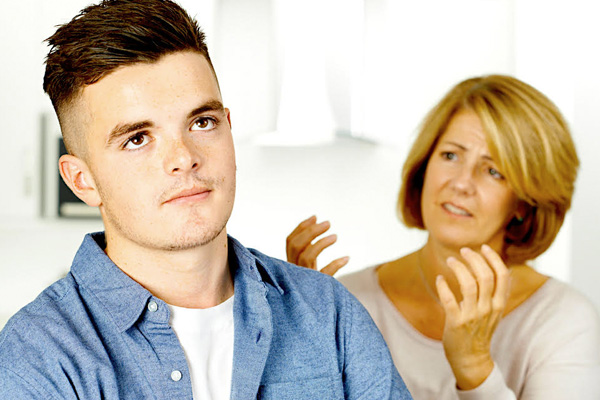TEENS KNOW BEST –
June 10, 2021 – My relative passed away a few years ago from lung cancer. She had been a heavy smoker for years and was diagnosed shortlybefore her death. Yet, even though losing her was foreseeable, that didn’t make it any less devastating for my family.
My relative and her spouse met right out of high school, marrying in their early 20s. Both were avid smokers and drinkers, living for the rush of dopamine and serotonin that came with drugs and alcohol. Not long after they met, they both suffered severe injuries – one was hit by a tractor-trailer while driving her car, the other endured chronic back pain from his years of hard manual work – and were prescribed medicine for their pain. Given their predisposition for addiction, it wasn’t long until they both became dependent on prescription drugs.
Their addictions had unwelcome repercussions on their personal and professional lives. My relative, for example, managed to climb her way up the corporate ladder and land a managerial position at an established company but lost her job because of her addiction. She was the breadwinner. She carried the health insurance. Eventually, their family fell into a state of financial instability as their addiction increased. I hear becoming an addict after being prescribed an addictive drug is all too common a story. That doesn’t make the pain and the toll it takes on family any easier.
Just seven months after my relative was first diagnosed with lung cancer, she died, leaving behind her husband, their two children, and an entire community of people who missed her.
My relative’s death and the reckless abandon I witness some adults display when drinking are part of the reason I have resolved to permanently abstain from drugs and alcohol. I have witnessed firsthand how quickly substance abuse can regress a person from health to sickness, from independence to dependence, from living life to the fullest to not even living at all.



